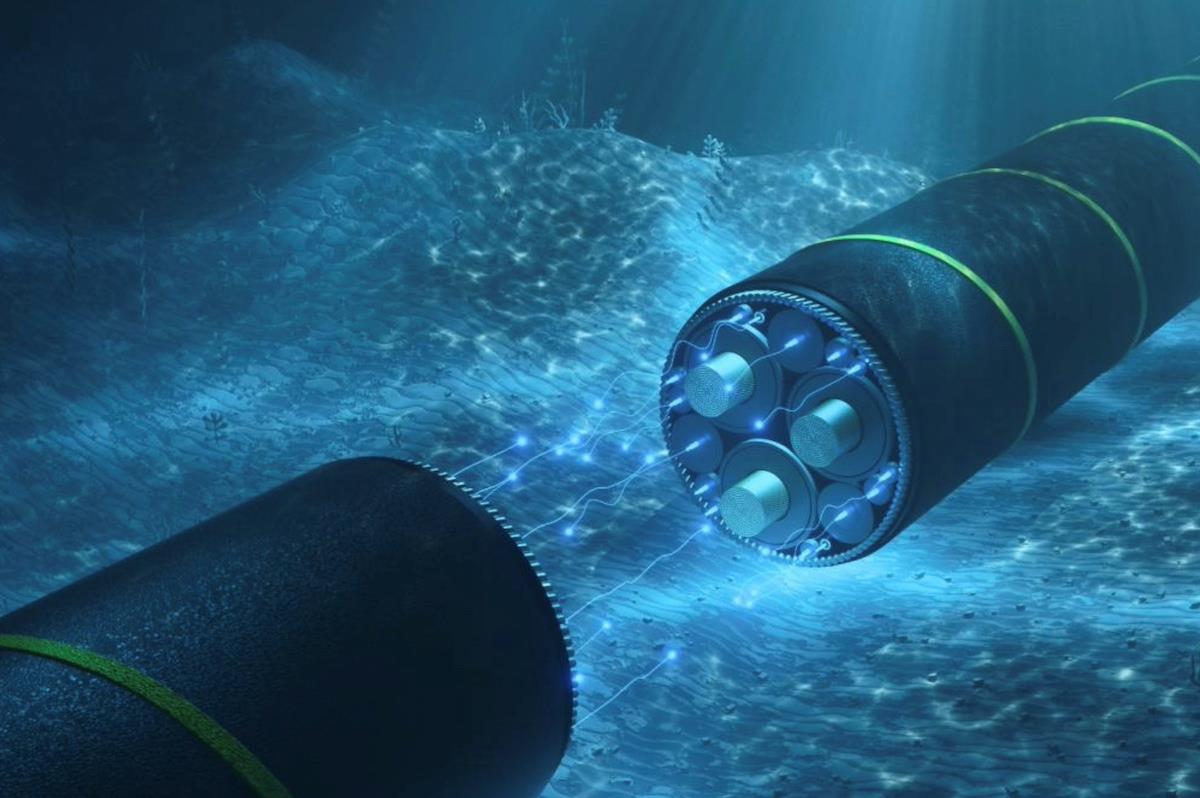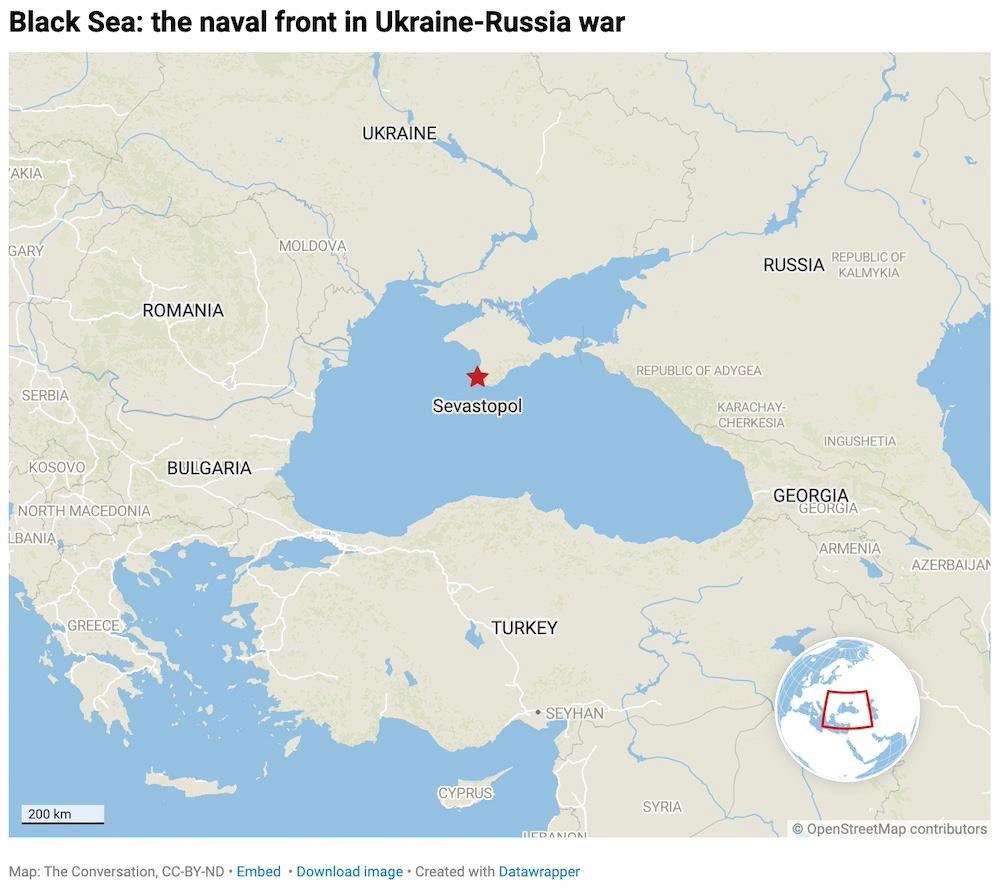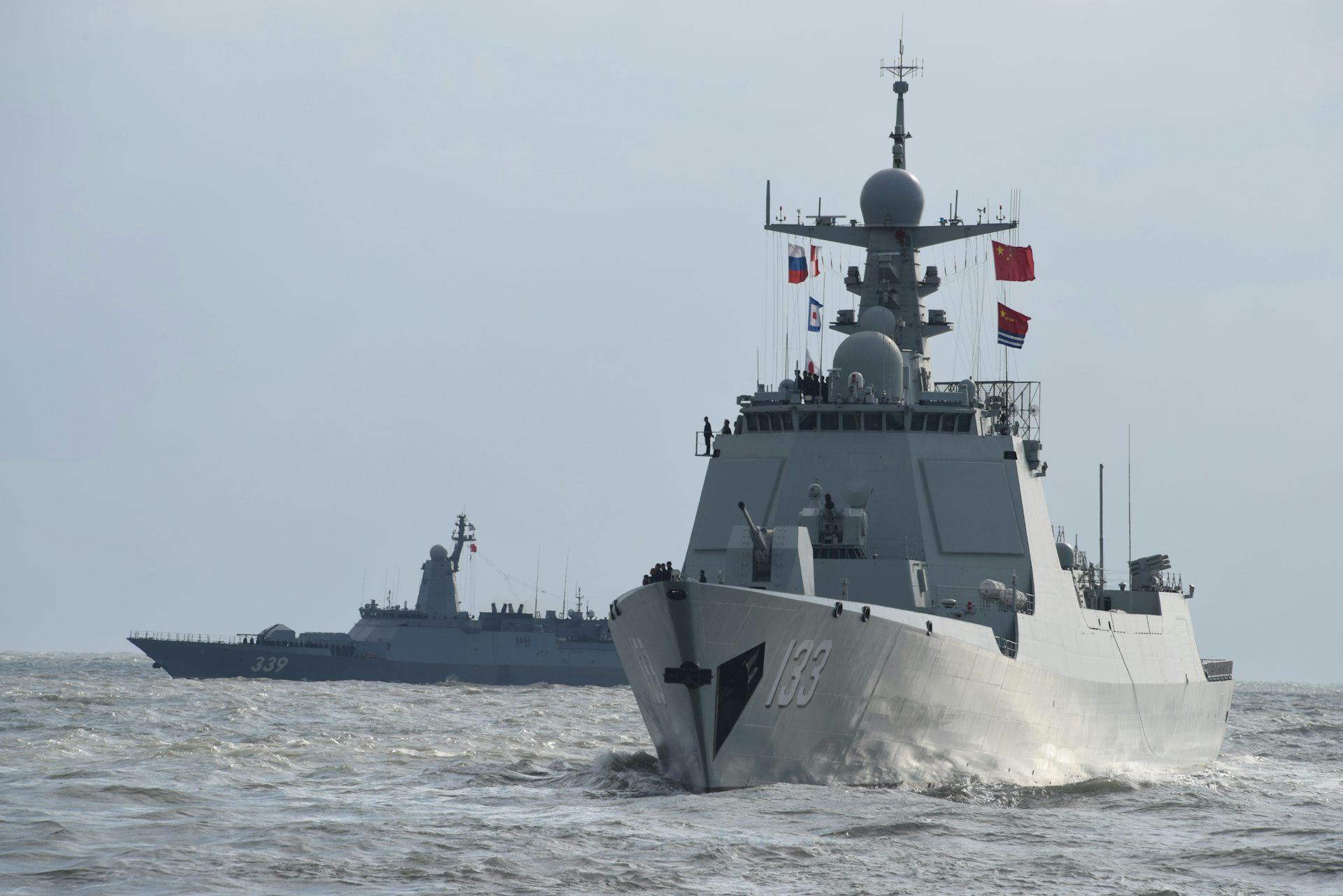
Why Russia Priortized A Ceasefire At Sea
But that war on the waves looks like it could be ending .
Under the terms of a deal announced on March 25, 2025, by the US and agreed upon in Saudi Arabia, both sides of the conflict committed to ensuring“safe navigation, eliminate the use of force, and prevent the use of commercial vessels for military purposes in the Black Sea,” according to a White House statement .
The naval aspect of the Ukraine war has gotten less attention than events on land and in the skies. But it is, I believe, a vital aspect with potentially far-reaching consequences.
Not only have Russia's Black Sea losses constrained Moscow's ability to project power across the globe through naval means, it has also resulted in Russia's growing cooperation with China , where Moscow is emerging as a junior party to Beijing on the high seas.
Battle over the Black SeaThe tradition of geopolitical theory has tended to paint an oversimplification of global politics. Theories harkening back to the late 19th century categorized countries as either land powers or maritime powers.
Thinkers such as the British geopolitician Sir Halford Mackinder or the US theorist Alfred Thayer Mahan characterized maritime powers as countries that possessed traits of democratic liberalism and free trade. In contrast, land powers were often portrayed as despotic and militaristic.
While such generalizations have historically been used to demonize enemies, there is still a contrived tendency to divide the world into land and sea powers. An accompanying view that naval and army warfare is somewhat separate has continued.
And this division gives us a false impression of Russia's progress in the war with Ukraine. While Moscow has certainly seen some successes on land and in the air , that should not draw attention away from Russia's stunning defeat in the Black Sea that has seen Russia have to retreat from the Ukrainian shoreline and keep its ships far away from the battlefront.
As I describe in my recent book,“Near and Far Waters: The Geopolitics of Seapower ,” maritime countries have two concerns: They must attempt to control the parts of the sea relatively close to their coastlines, or their“near waters”; meanwhile, those with the ability and desire to do so try to project power and influence into“far waters” across oceans, which are the near waters of other countries.

Legal Disclaimer:
MENAFN provides the information “as is” without warranty of any kind. We do not accept any responsibility or liability for the accuracy, content, images, videos, licenses, completeness, legality, or reliability of the information contained in this article. If you have any complaints or copyright issues related to this article, kindly contact the provider above.

























Comments
No comment